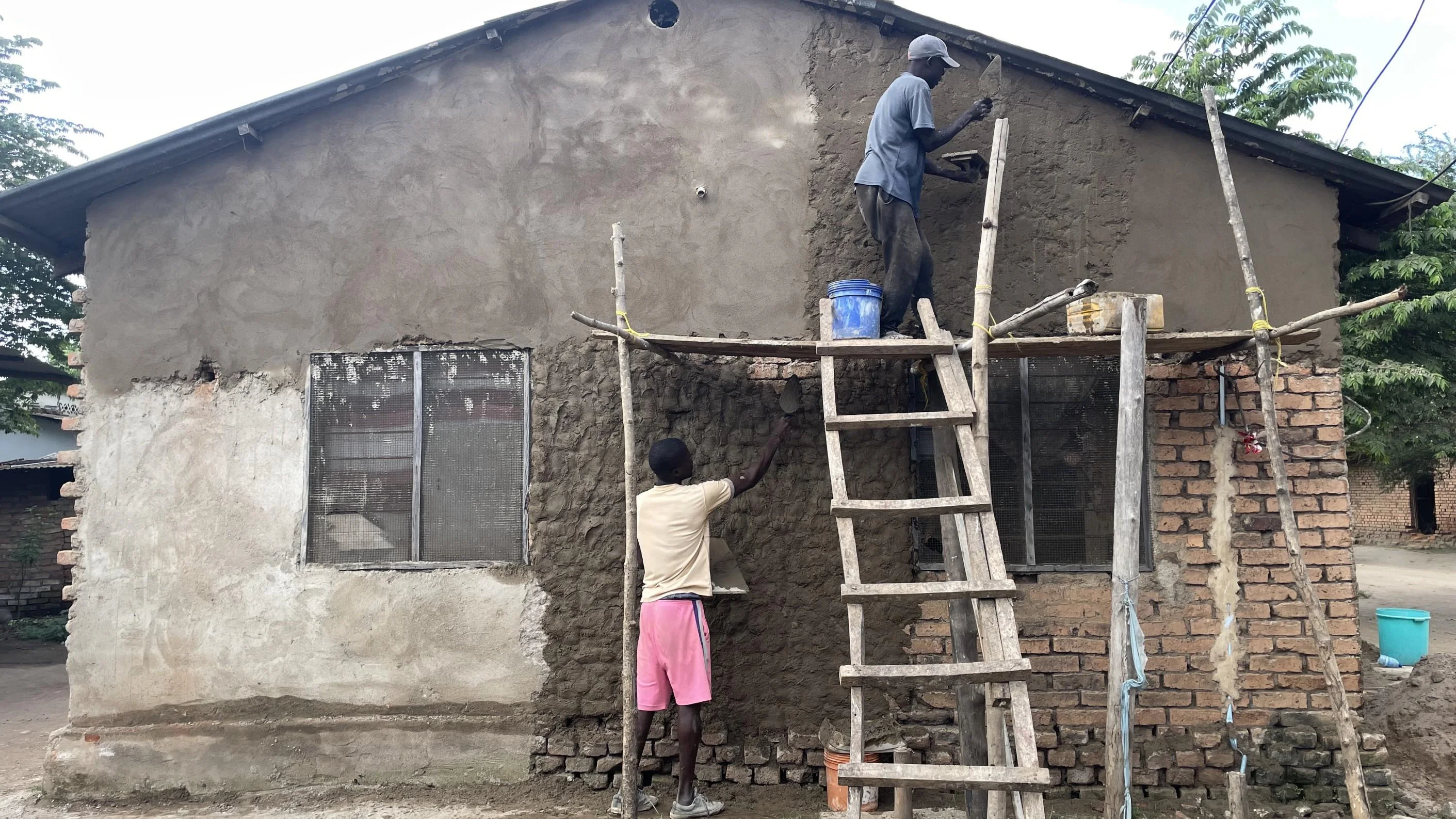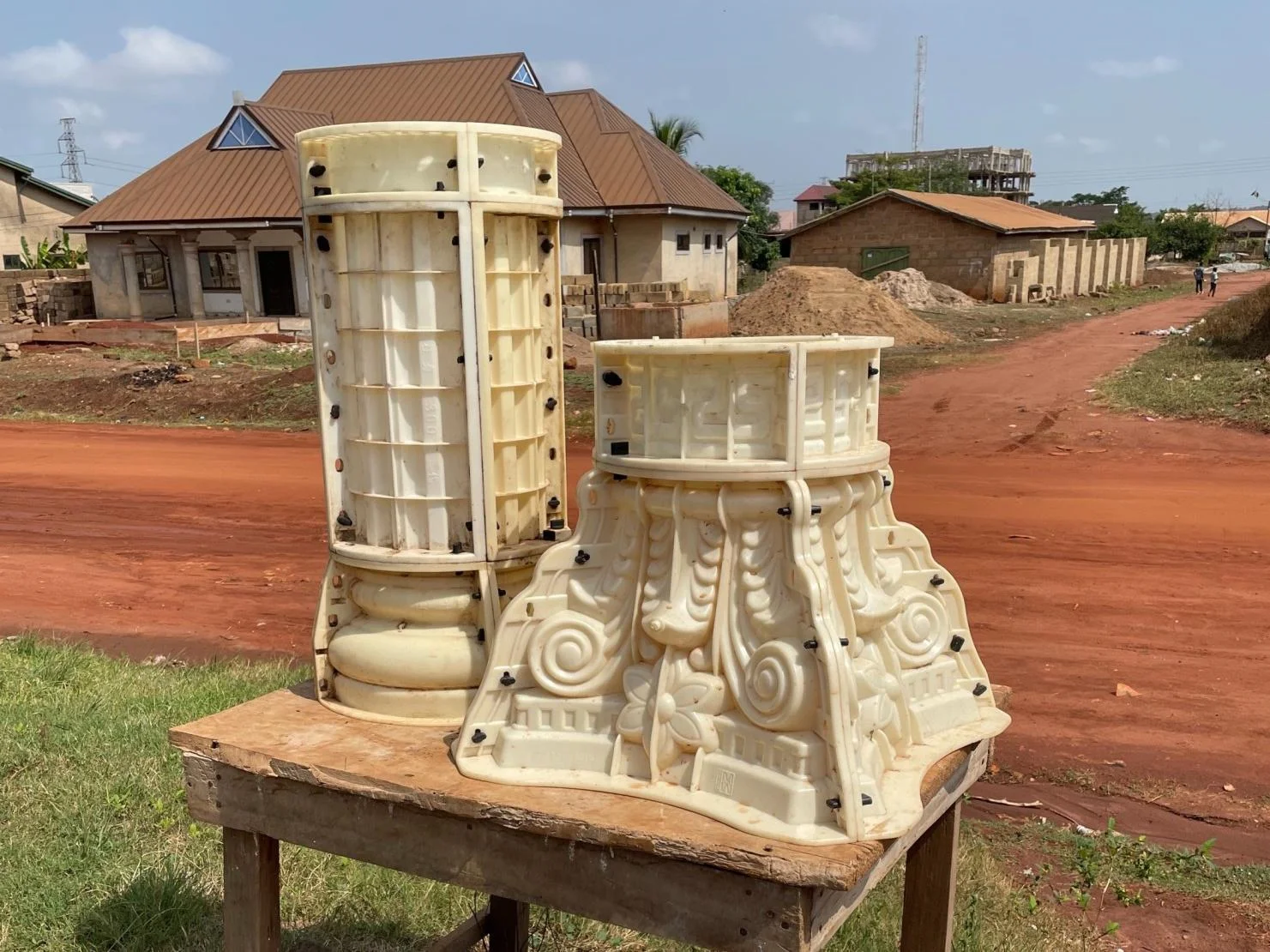Home-Grown Growth in African Cities: How Self-Build Housing Drives Urban and Economic Growth in Ghana and Tanzania

How Self-Build Housing Drives Urban and Economic Growth in Ghana and Tanzania
This research investigates what drives urbanisation in Ghana and Tanzania and how urbanisation contributes to employment and economic growth through a study of the economy of self-build housing in two established cities and two fast-growing towns.
Understanding what drives rapid urban growth is an urgent priority for African governments as they strive to ensure that housing, services and infrastructure keep pace with rising populations. Our project investigates how peoples’ desire to improve their lives by building better housing affects the growth of towns and cities and how the goods, services and assets generated through self-organised house-building contribute to the wider economy and urban change.
Most academic and policy work on self-built housing in the Global South has focused on negative impacts, including high density informal settlements where people live in extreme poverty. In much of Africa self-building is usual across all income groups and fuels the growth of all types of urban areas, from high-density informal settlements to better quality residential neighbourhoods developed by higher income residents. Over time self-build housing creates capital stock and income opportunities that provide a catalyst for residential and social mobility.
Accelerating urbanisation in established cities and small towns is driven by people acquiring plots of land and building houses gradually while renting space within them to lower income tenants and conducting businesses in and from housing. We will examine how this ‘housing economy’ operates in the absence of formal financial institutions, creating substantial opportunities for income, employment and asset generation which accelerate urban and economic growth.




